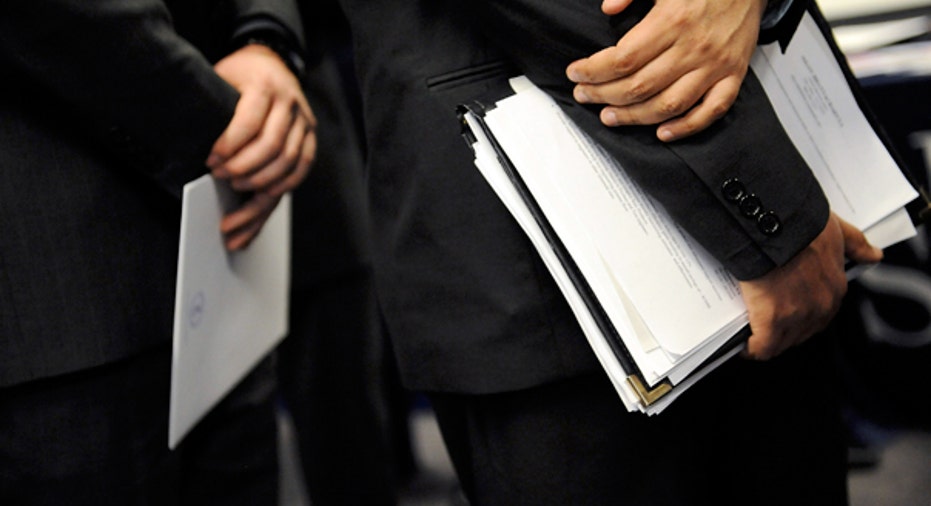7 Tips For Conducting an Effective Job Interview

While job seekers may feel like the pressure is all on them during an interview, those hosting the interview also bear some responsibility for the success of the discussion.
Michael Burtov, CEO of Cangrade, which has developed an automated hiring platform, said that by asking the right questions and properly preparing, job interviewers increase their chances of finding the right candidate.
To help those charged with hiring new talent, Greg Willard, a Harvard University professor and senior vice president at Cangrade, researched nearly 100 years of job interviewing techniques and identified the ones that have lead to the best results.
Willard said many articles provide advice on how best to conduct a job interview, but most are based on the experiences and opinions of just one person
"How do you know if they are relevant to you or even accurate?" Willard asked. "Fortunately, researchers have been objectively studying job interviews for over a century, providing a wealth of information on what works best."
Willard's research provides several simple steps to conducting an excellent interview, including:
Prepare by conducting a "job analysis": Interviewers should consult with at least one "Subject Matter Expert" to generate a specific list of the most important aspects of the job and what is required to perform it successfully. Not only will this make the interview more relevant to the job, but job candidates and interviewers will also view the interview more positively.
Prepare questions in advance: An interview format in which all job candidates are asked the same specific questions further ensures that information obtained from candidates is relevant and comprehensive. This method also helps avoid irrelevant content. Asking uniform questions makes candidate responses more directly comparable.
Prepare to be flexible: What if the interviewer asks a pre-developed question, but the candidate doesn't provide enough information? Interviews that simply move on to the next question at this point, without leaving room for follow-up questions often do not collect enough information from candidates. Furthermore, both job candidates and interviewers perceive this format more negatively.
Ensure the interview isn't too short or too long: Since it is important that all candidates get the same opportunity to answer the same questions — without feeling rushed — it is generally best to limit the number of interview questions. A good rule of thumb is to ask no more than four to six questions in a 30-minute interview, and no more than eight to 12 questions in a one-hour interview.
Focus on the interview during the interview: Despite what some experts recommend, the evidence suggests that soliciting candidates to ask questions too soon reduces the interview's reliability. Candidates should only be solicited to ask questions after the conclusion of the interview, allowing engagement on a more personal level.
Include more than one interviewer: The use of multiple interviewers greatly increases the reliability of the process. Different interviewers in separate, subsequent interviews are more likely to agree on the right candidate.
Take detailed notes: Note taking creates a professional atmosphere for the interview and makes a candidate feel respected, listened to and encouraged. And since human memory is limited, most interviewers can't remember every candidate's answer to every question. Making a set of specific notes for each interview also allows interviewers to be specific about why they came to certain conclusions about candidates.
"Following these seven simple techniques will not only help you make the right hiring decisions more consistently, but will also help reduce any unintentional biases that often compromise even the best interview strategies," Burtov said.
Originally published on BusinessNewsDaily.



















